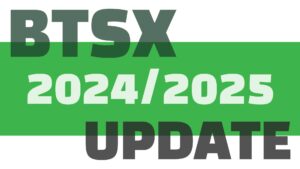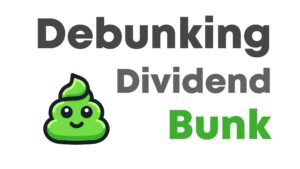Beat the TSX Gained 16% in 2024 But Still Couldn’t...
Read MoreWhat is inflation?
Inflation is essentially the rate at which the cost of living increases. What you could buy ten years ago for $100 now costs $125.
Inflation decreases value
Historically, inflation rates in Canada have averaged between 2 – 3%. This may seem minor but consider the fact that over 25 years an inflation rate of just 2.5 % will cut the real value of one’s savings in half!
How do we beat inflation?
Many investors hope that the capital appreciation (i.e. stock prices) of their investment will be enough to offset the effect of inflation. But stock market returns are volatile. Other investors purchase bonds or GICs. But after tax, these fixed income investments are barely able to compensate for inflation.
Dividend growth is a reliable way to beat inflation
Purchasing dividend-paying and more specifically dividend-growing stocks offers a superior alternative. Over the last ten years, 73% of BTSX stocks have increased their dividends, and only 6% have cut them. To be fair, the average dividend cut is far greater than the average increase. But large companies that pay and increase dividends consistently over the years offer built-in inflation protection.
A real-world example
In the year 2000, RBC (ticker RY) paid an annual dividend of $0.54 per share. RBC currently pays an annual dividend of $4.32 per share. That’s a dividend growth rate of 12% with not a single dividend cut in that time period. Clearly enough to cover the effects of inflation.
(And that’s not including capital gains. RBC’s share price has gone from $14.76 to $132.14 (at the time of writing this) – an 11% rate of return. This gives us a combined rate of return of 23%!)
Debunking Dividend Bunk
In the world of DIY investing, particularly when it comes...
Read MoreBuying a car? You need to know this
Car-buying is a skill you can learn. Aside from a...
Read More


